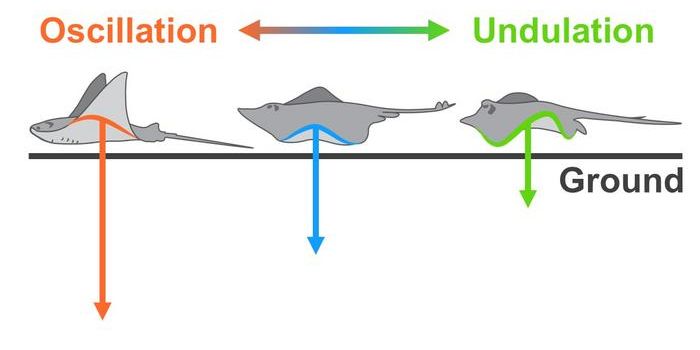Moving away from fossil fuels could literally save millions of lives
A team of researchers at Max Planck Institute for Chemistry in Germany recently published a study describing, using modeling technologies, a more precise public health benefit to reducing fossil fuel emissions in favor of more sustainable options. The result? Millions of lives saved. The team’s work is described in a recent article published in BMJ.
Air pollution, particularly pollution caused by fossil-fuel burning activities like driving a care have been notorious as a leading cause of public health problems and that, in turn, encountering air pollution puts people with a range of health conditions at greater risk of severe sickness or mortality. These include cardiometabolic and pulmonary conditions. People have been pushing for years to increase the use of renewable energy sources as a way to eliminate or at least significantly reduce the presence of fossil-fuel activity, such as the switch from gasoline powered cars to electric cars.
In a first-of-its-kind study, researchers examined the impact of phasing out fossil fuels on mortality, including disease-specific and all cause options, linking specific types of pollution to health risks and mortality. Overall, most of the disease-specific mortality risk is among those with cardiometabolic conditions (over 50%), with heart disease accounting for about 30%.
To model the impact of phasing out fossil fuels, the team built a model that incorporated atmospheric data, fine particle data, and a risk model that was able to model the relationship between exposure to certain types of air pollution as well as the responses to those exposures.
From their model, researchers estimated that just over five million lives could be saved each year just by reducing the amount of fossil-fuel air pollution present in the atmosphere. When calculating the number of lives that could be saved by controlling all emissions of human origins, the five million lives saved by removing emissions from fossil fuels represents about 82% of all lives that could be saved.
Sources: Science Daily; BMJ








